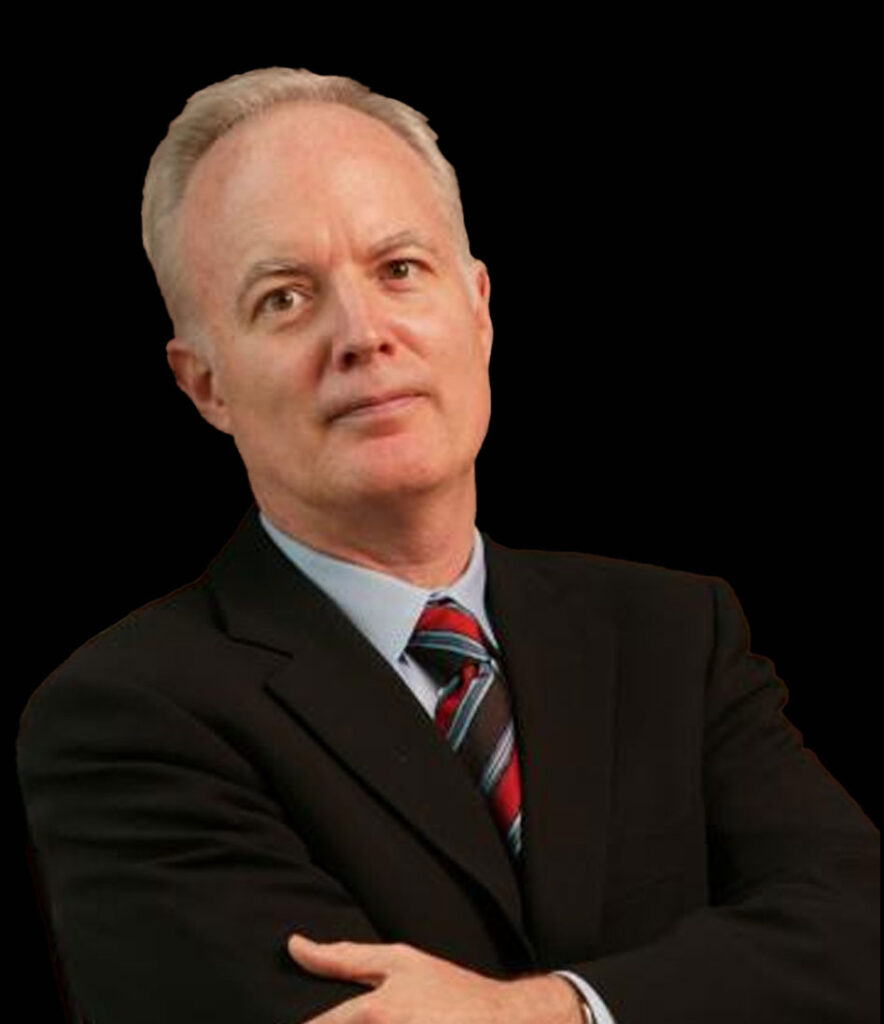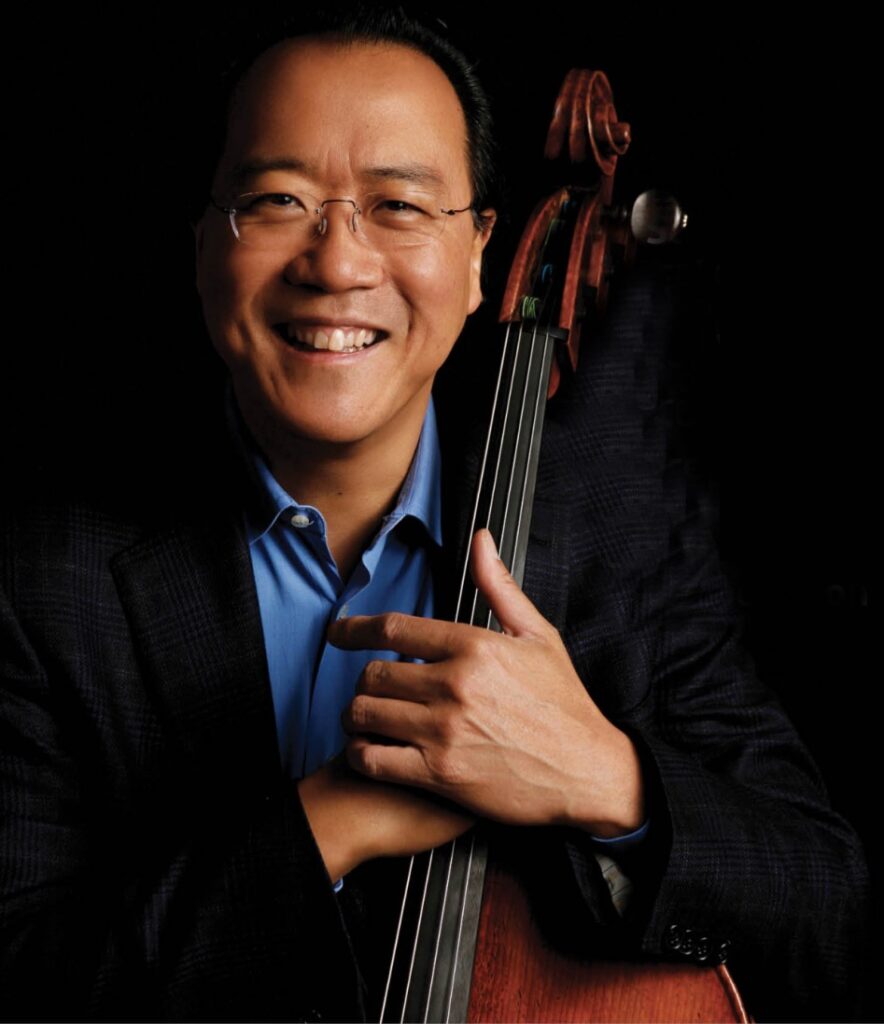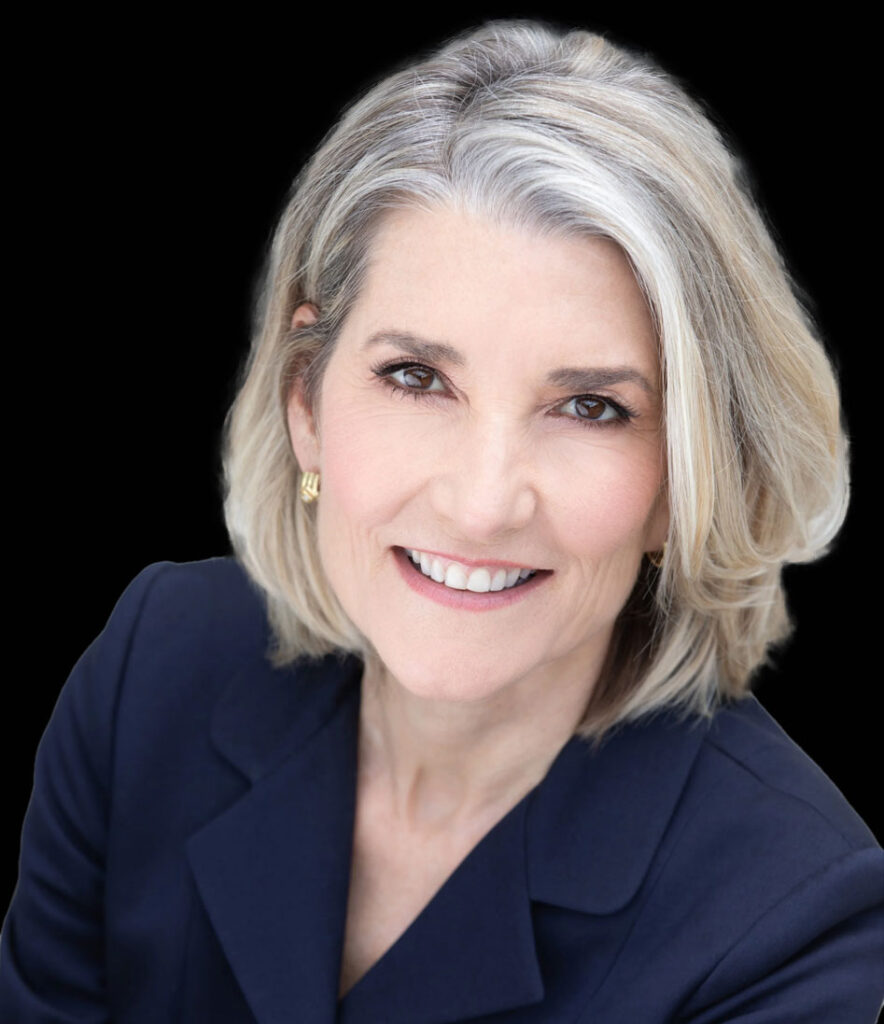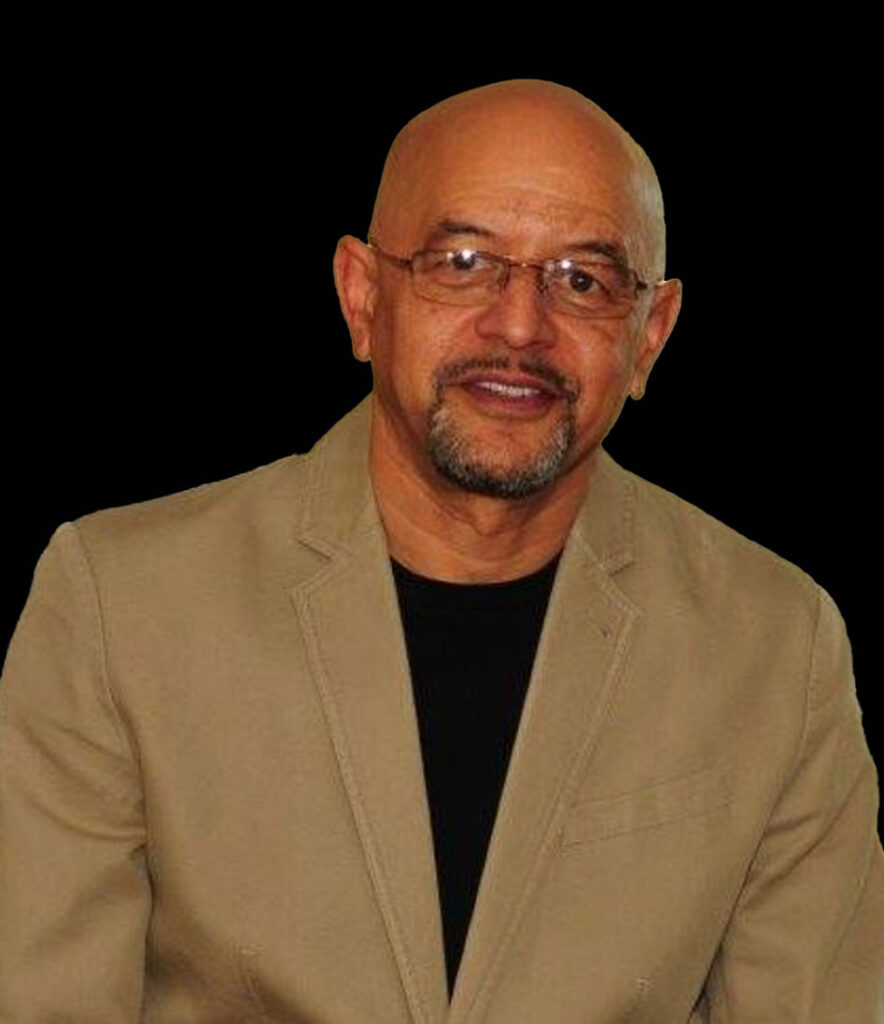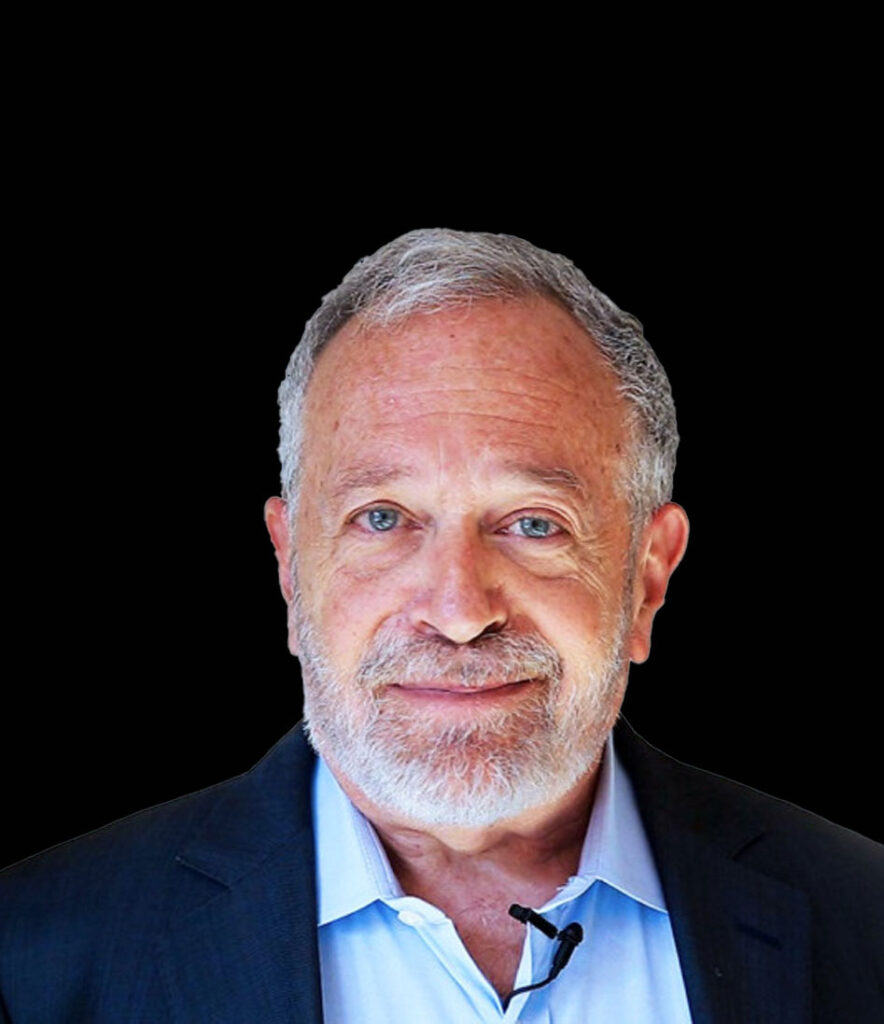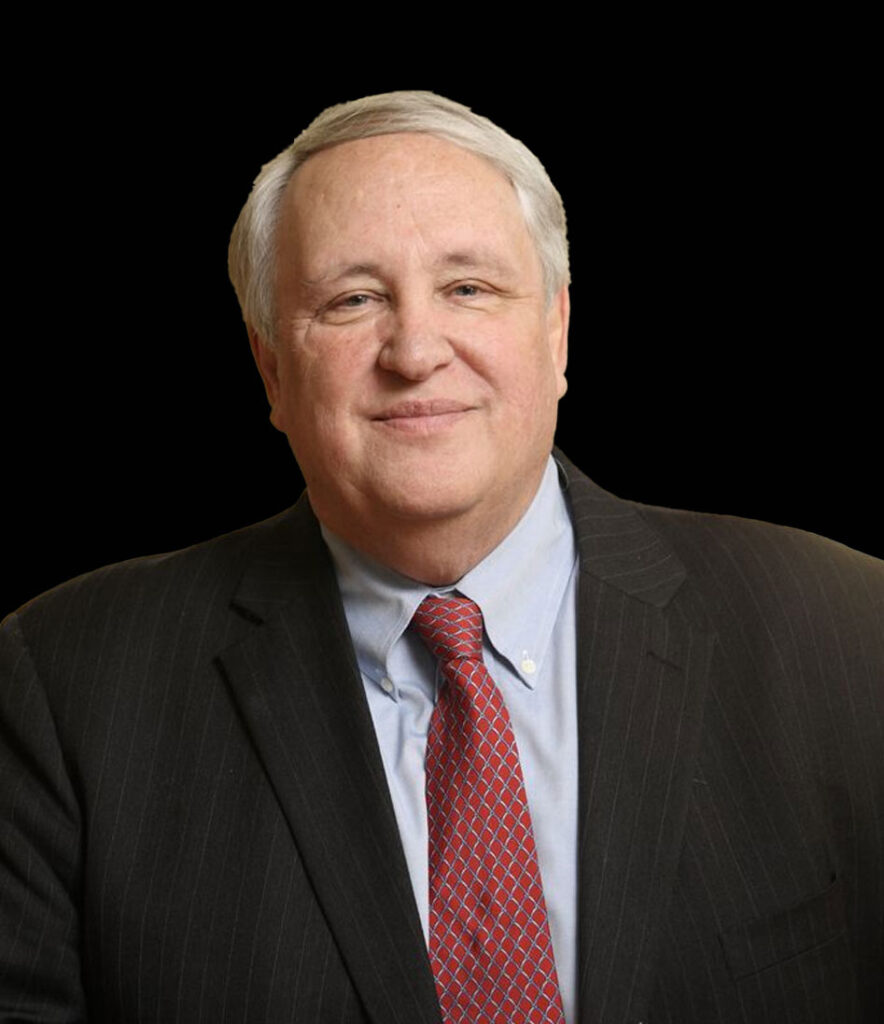About
Helping people collaborate when the way forward isn’t clear

Strategic Doing is a practical discipline for turning ideas into action — especially when challenges are complex, cross boundaries, and no one has all the answers.
It helps groups move from conversation to coordinated action using simple rules, shared outcomes, and small steps.
Introduction: why Strategic Doing exists
Many of today’s most important challenges don’t fit neatly into plans, hierarchies, or job descriptions.
They sit between organisations.
They involve multiple stakeholders.
They change faster than traditional strategies can keep up.
Strategic Doing exists to help people work effectively in those conditions — where collaboration matters more than control, learning matters more than prediction, and progress happens one step at a time.
Rather than asking people to agree on a perfect plan, Strategic Doing helps them agree on what they can do next — together.
What is Strategic Doing?
Strategic Doing is a structured way to guide collaborative conversations so groups can:
- discover shared opportunities
- combine assets they already have
- choose a clear direction
- take small, meaningful actions
- learn and adapt as they go
It is built around ten practical skills that anyone can learn and apply — whether they are leading a team, working across organisations, or supporting community change.
Strategic Doing works because it matches how people actually collaborate in the real world — not how strategy looks on paper.
Our philosophy
Strategic Doing is grounded in Pragmatism — a philosophy that values learning through action, reflection, and continuous adjustment.
Instead of debating abstract ideas or predicting the future, pragmatism asks:
- What can we do now?
- What can we learn from trying?
- How do we adjust based on what we discover?
This philosophy shapes how Strategic Doing approaches:
- collaboration
- learning
- experimentation
- decision-making
- ethical practice
It is also why Strategic Doing places such strong emphasis on safe conversation spaces, learning by doing, and shared responsibility.
The people behind the work
Strategic Doing is more than a method — it is a global community.
It is stewarded by:
- a founder whose research shaped the discipline
- an executive team guiding its direction
- a board providing governance and accountability
- fellows and practitioners advancing practice in the field
- a growing global network applying the method in diverse contexts
Together, these people ensure Strategic Doing continues to evolve while staying true to its core principles.
About the Institute
The Strategic Doing Institute exists to:
- steward the discipline responsibly
- support research and learning
- grow practitioner capability
- maintain ethical and governance standards
- share knowledge openly through Creative Commons
- foster equity, inclusion, and cultural respect
The Institute supports Strategic Doing as a living discipline — one shaped by practice, community contribution, and continuous learning.
How everything fits together
Strategic Doing brings together:
- a clear method (the Ten Skills)
- a strong philosophical foundation
- a global community of practice
- an institute committed to openness and ethics
Each part reinforces the others — ensuring the work remains practical, credible, and adaptable.
Take the next step…
Whether you are:
- exploring new ways to collaborate
- navigating complexity in your organisation
- working across boundaries or sectors
- supporting community or system change
Strategic Doing offers a way to move forward — thoughtfully, collaboratively, and with purpose.
